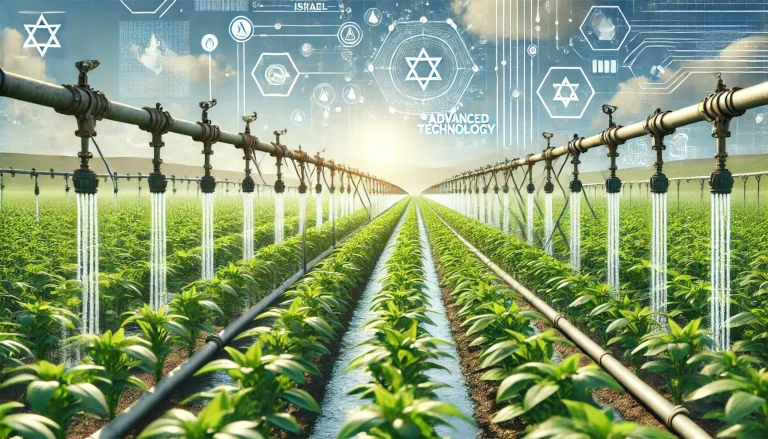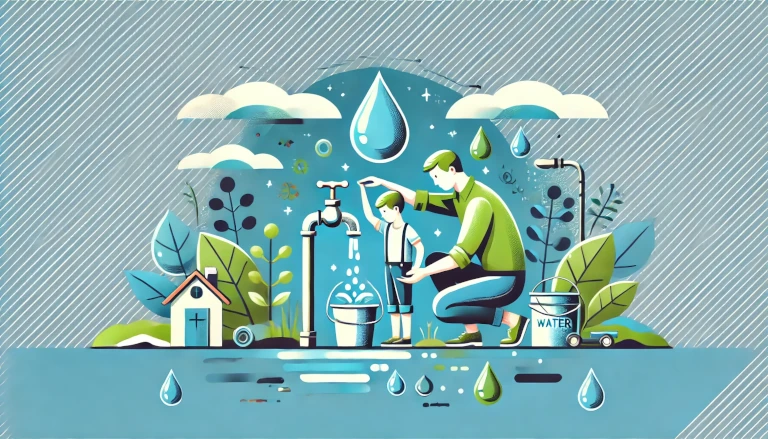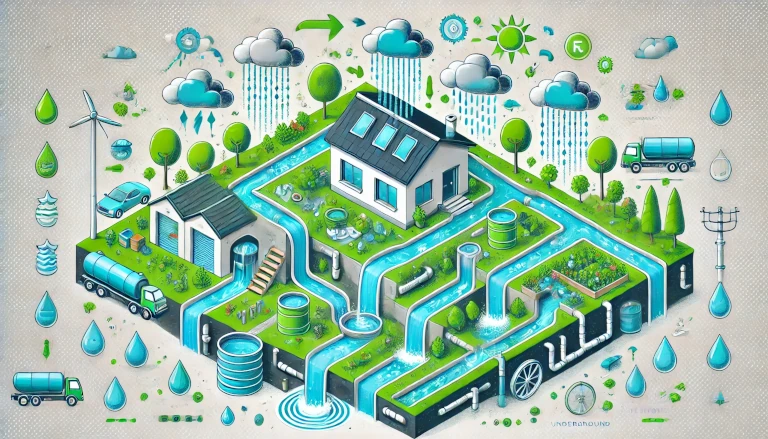Drip irrigation is a groundbreaking agricultural technology that delivers water directly to the plant roots with minimal waste. This method has transformed water management practices worldwide, especially in regions facing water scarcity. Israel, a country known for its dry climate and limited water resources, pioneered drip irrigation technology, setting a global standard for efficient and sustainable agriculture.
In this blog post, we’ll explore how Israel’s innovations in drip irrigation have revolutionized agriculture, the benefits of this technology, and how it can be applied to various agricultural settings to conserve water and boost productivity.
The Origin of Drip Irrigation Technology in Israel 🌍
The concept of drip irrigation originated in Israel in the 1960s, developed by Simcha Blass and his son Yeshayahu Blass. They discovered that by delivering small amounts of water directly to the plant’s roots, they could significantly reduce water wastage and increase crop yields. This discovery led to the formation of Netafim, the first company to commercialize drip irrigation systems.
Key Innovations by Israel in Drip Irrigation 💡
- Precision Water Delivery 🎯:
Israeli drip irrigation systems are designed to deliver precise amounts of water directly to each plant’s root zone. This minimizes evaporation and runoff, ensuring that every drop of water is used effectively. - Advanced Emitters and Filters 🔧:
Israel’s drip irrigation technology includes high-quality emitters and filters that prevent clogging and ensure consistent water distribution. This is especially important in areas with variable water quality. - Integration of IoT and Data Analytics 🌐:
Modern Israeli drip irrigation systems are often integrated with IoT and data analytics, allowing farmers to monitor and control irrigation remotely. This innovation has made farming more efficient and responsive to real-time data.
How Drip Irrigation Works in Israel’s Agricultural Landscape 🌾
Drip irrigation in Israel has been instrumental in transforming arid lands into productive farms. Here’s how this system operates in Israel’s agricultural sector:
1. Water Conservation in Arid Regions 💧:
Israel’s drip irrigation systems are particularly suited for arid regions where water is scarce. By applying water directly to the roots, this method significantly reduces water consumption compared to traditional irrigation techniques.
- Example: In Israel, farmers use drip irrigation to cultivate crops in the Negev Desert, turning dry land into fertile fields.
2. Efficient Use of Recycled Water 🔄:
Israel is a global leader in water recycling, with about 85% of its wastewater being treated and reused in agriculture. Drip irrigation systems are compatible with recycled water, making it possible to irrigate crops sustainably.
3. Customizable Systems for Various Crops 🍅🌻:
Drip irrigation systems in Israel are designed to accommodate a wide range of crops, from vegetables and fruits to flowers and trees. The systems can be tailored to deliver specific amounts of water and nutrients, depending on the crop’s needs.
Benefits of Israel’s Drip Irrigation Technology 🌞
The innovations in Israel’s drip irrigation systems have numerous benefits, especially for regions with limited water resources. Here are some key advantages:
1. Significant Water Savings 🌧️:
By using drip irrigation, Israeli farmers can achieve up to 90% water efficiency. This method conserves water by delivering it directly to where plants need it most, preventing losses due to evaporation and runoff.
- Example: Crops like tomatoes, which require consistent moisture, thrive under drip irrigation, resulting in higher yields and better water use efficiency.
2. Increased Crop Yields and Quality 📈:
Drip irrigation provides plants with consistent moisture, which leads to improved growth and higher yields. The technology also supports fertigation, where nutrients are delivered through the irrigation system, resulting in healthier plants and better-quality produce.
3. Reduced Environmental Impact 🌍:
Drip irrigation minimizes the need for herbicides and pesticides, as water is targeted directly to the plants, reducing weed growth and pest infestation. This makes it a more environmentally friendly option compared to flood or sprinkler irrigation.
4. Scalability and Adaptability 🔄:
Israeli drip irrigation systems are scalable and can be customized for small farms, large agricultural enterprises, and even urban gardens. The technology is adaptable to different soil types, climates, and crop varieties, making it versatile for global use.
The Role of Israeli Companies in Advancing Drip Irrigation Technology 🚜
Israeli companies, particularly Netafim, have been at the forefront of drip irrigation technology, providing solutions to farmers worldwide. These companies offer advanced irrigation systems that incorporate modern technology like smart sensors and automated controllers.
Netafim’s Contributions 🏆:
- Global Reach: Netafim operates in over 100 countries, helping farmers adopt drip irrigation and achieve sustainable agriculture.
- Innovation in Technology: The company has developed several patented products, including pressure-compensating drippers that ensure even water distribution, regardless of topography.
Practical Applications of Drip Irrigation in Various Settings 🛠️
Here are some practical ways drip irrigation technology can be applied in different agricultural environments:
1. Commercial Farming 🚜:
Large-scale farms can use drip irrigation to grow crops like cotton, tomatoes, and sugarcane. By implementing automated systems, farmers can optimize water usage and maximize yields.
2. Greenhouses and Nurseries 🌺:
Drip irrigation is ideal for greenhouses, where controlled water delivery is essential for sensitive plants. It supports precise fertigation, improving plant health and growth.
3. Urban and Community Gardens 🌿:
Drip irrigation is also suitable for urban gardens, where water conservation is crucial. Small-scale systems can be easily installed in community gardens or home landscapes, making them accessible to urban dwellers.
Embracing Israeli Drip Irrigation Technology for Sustainable Farming 💧🌍
Israel’s pioneering work in drip irrigation has revolutionized agriculture, providing a sustainable solution to global water scarcity challenges. By adopting this technology, farmers worldwide can conserve water, increase productivity, and promote environmentally friendly practices. Whether you’re a large-scale farmer or a home gardener, drip irrigation offers a viable way to enhance crop growth and contribute to a sustainable future.
Discover more from Green Ecosystem - Renewable Energy, Agriculture, and Environmental Sustainability
Subscribe to get the latest posts sent to your email.


